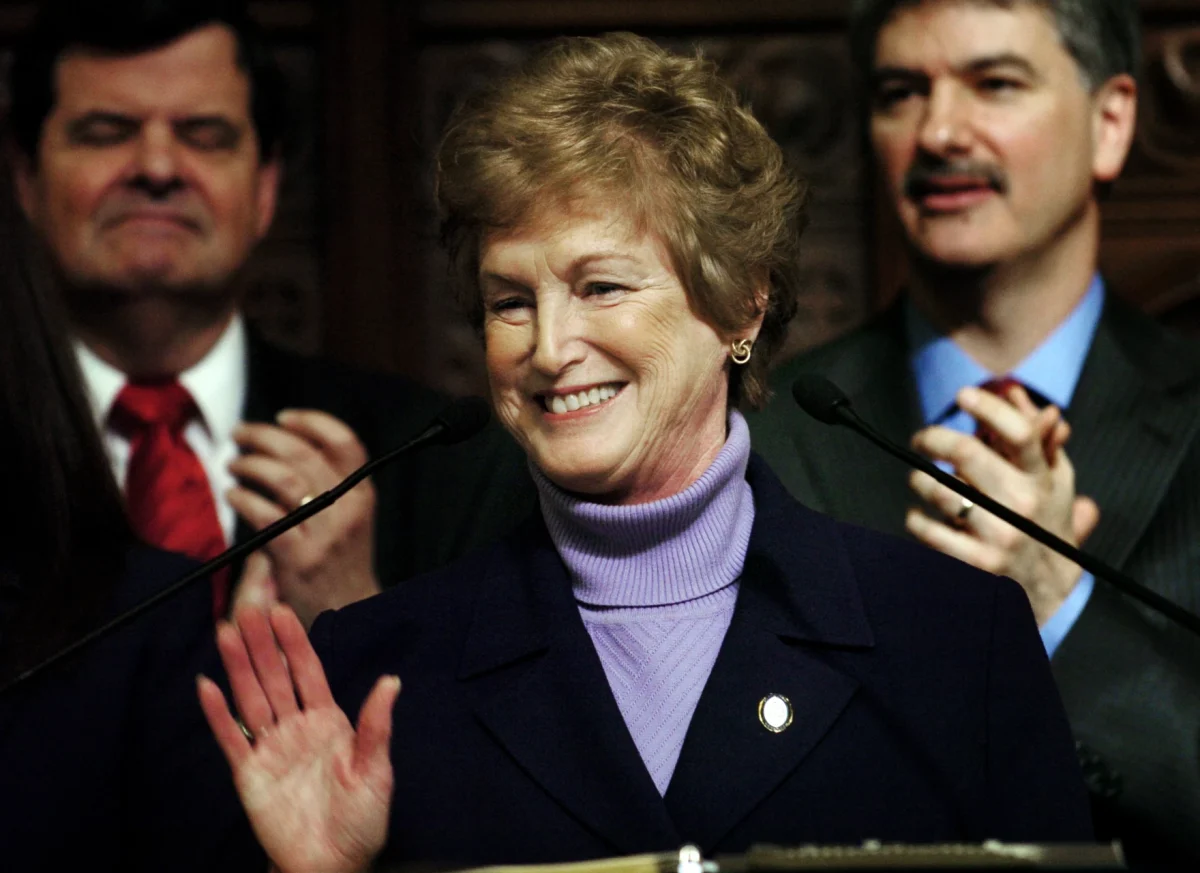United States President Joe Biden arrived in New Delhi, India on Friday, Sept. 8 for the G20 summit, where he presented new ideas to boost the economy and human rights in India.
Biden has promised India up to $200 billion in new developments for climate change, food security, public health and other infrastructure needs through renovated international financing institutions like the World Bank.
Biden and Narendra Modi, India’s Prime Minister, met to discuss investments in the Indian technology sector, working together in the Indo-Pacific and issued a lengthy joint promise to further their relationship that they said was “based on trust and mutual understanding.”
The initiative is an American-led response to China’s Belt and Road Project providing loans to poorer countries to build ports, rail lines and telecommunications networks.
“It’s about creating jobs, increasing trade, strengthening supply chains, boosting connectivity, laying foundations that will strengthen commerce and food security for people across multiple countries,” Biden said. “This is a game changing regional investment and… huge steps forward.”
Biden intended to use this trip to make the case that the U.S. is a more reliable and trustworthy partner than Beijing, though he emphasized that he did not want a new Cold War with the Chinese.
“I don’t want to contain China, I just want to make sure we have a relationship with China that is on the up-and-up squared away, and everyone knows what it’s all about,” Biden said. “We have an opportunity to strengthen alliances around the world to maintain stability. That’s what this trip is all about, having India cooperate much more with the United States, to be closer to the United States Vietnam being closer with the United States. It’s not about containing China. It’s about having a stable base – a stable base in [the] Indo-Pacific.”
The U.S. says the Belt and Road initiative uses coercive lending practices for infrastructure projects in developing countries, an accusation Beijing has repeatedly denied. Biden’s proposals on World Bank reform similarly aim to offer a better deal to emerging economies.
Modi, who is seeking a third term, has been criticized for his government’s record on human rights and faces concerns that he is in charge of a backsliding democracy. During Modi’s state visit to Washington D.C. in June, Biden convinced him to answer questions from reporters during a news conference, a rare occurrence being that he hasn’t done so in nearly a decade.
Modi was challenged on his record on human rights and religious freedoms. Modi insisted that democracy is “in India’s DNA” and denied that his government has fostered prejudice.
Jake Sullivan, Biden’s national security adviser, told reporters that the president would spend much of his time in New Delhi, urging other leaders to bolster global development banks, including the World Bank and International Monetary Fund to make it easier for poor countries to gain access to credit.
The White House asked Congress last month for $3.3 billion to expand development financing both through the World Bank, which it said would leverage more than $27 billion for developing countries. It also asked Congress to authorize the government to lend to two International Monetary Fund trust funds, which would unlock up to $21 billion in new lending without additional American money. Altogether, the White House said it believes it will pull those funds into $200 billion in credit with the help of partner countries over the next decade.
“Those are crucial additional resources for reducing poverty, advancing global health security and combating climate change,” Treasury Secretary Janet L. Yellen told reporters in New Delhi.
BIden has big hopes and “aspirations for greater peace, greater security and greater prosperity.”
“I’m convinced we can achieve it,” he said, adding: “This can be the beginning of even a greater era of cooperation.”



